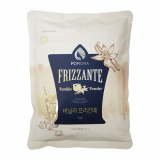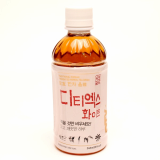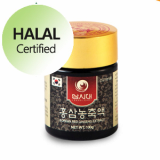Dried Red Rose Pure Petals
Negotiable Min Order Quantity Unit
- Required Quantity
-
- Place of Origin
- Pakistan
- Brand name
- Eli Enterprises - Dried Red Rose Pure Flower & Petals
- Payment Terms
- D/P,L/C,T/T
- Production method
- Negotiable
- Shipping / Lead Time
- Negotiable / Negotiable
- Keyword
- flower, herbal medicine, herbal tea, rose
- Category
- Coffee & Tea , Herbal Medicine

Eli Enterprises
- Verified Certificate
-
7

| Product name | Dried Red Rose Pure Petals | Certification | - |
|---|---|---|---|
| Category |
Coffee & Tea
Herbal Medicine |
Ingredients | - |
| Keyword | flower , herbal medicine , herbal tea , rose | Unit Size | - |
| Brand name | Eli Enterprises - Dried Red Rose Pure Flower & Petals | Unit Weigh | - |
| origin | Pakistan | Stock | - |
| Supply type | - | HS code | 1211 |
Product Information
R. gallica For eating/medicine:
R. rugosa Family: Rosaceae
Names: Rose (German); rose (French); rosa da essenza (Italian); rosa (Spanish); Roza (Polish); Rosa de Castilla (Mexican) Rose hips--Hipberry Essential oil roses: Damask Rose, Bulgarian rose, Turkish rose, Red Rose Cabbage Rose: hundred leaf rose, Shatapatri (Sanskrit); Gulab (Hindi)
Flowers are the most beautiful gift of Nature to man. Rose is one. The common name of Rosaceae is a large family of herbs, shrubs and trees distributed all over the earth. Roses are of different colours, shapes, sizes and fragrance such as yellow, pink, red, orange and white.
The rose has aesthetical, ornamental, and commercial value. It is used in cosmetics, perfumes and medicines and on every occasion – happy or sad. These are grown for essential oil and rose water.
It also figures in myths and legends, in poetry and music. It is found all over the world except Arctic and Sahara. There are more than 150 known varieties of roses, normally named after the researchers or discoverers, keeping in view the place of origin, shape, and the foliage.
The Pakistani agriculture is subsistence in nature. There are many rose species growing in wild, among which Desi gulab or baramasi are well known and are used for extraction of oil, water, and gulkand. Both, desai and grafted species are grown all the country with Punjab taking the lead. To name few are Rosa Alba, R. Moschata, R. Cania, R. Multiflora, R. Elliptica, and R. Xanthia, mostly grown in Swat, Dir, Chitral, Gilgit, Murree, Hazara, Kalam, and Khaghan.
These can be grown in any kind of garden with good planning. Soil should be analyzed before selection of the site. Suitable site is the basic requisite for growing healthy and beautiful rose plants.
Fertile, free-draining and evenly moist soil is a blessing for the rose gardener. Ground should be prepared by digging deeply and mixing with well-rotten farm yard manure. Well-drained soil rich in organic matter is necessary for a rose garden.
Well-fertilized soils encourage better root growth, more residues to build organic matter, enhance soil tilt, and improve physical properties. Increased organic matter improves soil structure and aggregation, resulting in better water infiltration and nutrient to enhance the productivity. The use of mulch around roses to help retain soil moisture is encouraged. Mulch helps in keeping the soils cool and retards weed growth. Materials such as wood chips, straw or dry grass clippings make good mulches.
Rose grows best with a steady supply of moisture. Watering should be in accordance with the season and requirements. Rose does the best with uniform soil moisture throughout growing. The amount and frequency of application depends on soil type.
Sandy soils need more frequent irrigation than heavier clay soils. Hot temperatures call for frequent irrigation. Soil pH should be around 6.5. Both major and minor nutrients should be sufficient to flourish the plants. Rose needs a steady supply of nutrients to bloom. To maintain strong, healthy roses, it is important to establish an annual fertility programme.
Fertilization schedules vary depending on types of roses being grown. Plenty of light is also a requisite of rose. At least six hours of sunlight a day with some afternoon shade is necessary. Temperatures ranging from 15oC to 25oC are considered ideal.
Strong winds play havoc with plants and bloom, while powerful gusts can easily snap off the heads of standard roses, if not properly secured. Normally, November planting shows good results. February-March is the flowering season. Dense population inhibits branching. Normally, about 13 thousand roses are planted per acre at a distance of one foot with a five feet path among three-row plantation. Rose garden needs careful weeding, pruning, and spraying of water. The most familiar species for sale today is Rosa Rugosa because of its superior hardiness, disease resistance and easy maintenance.
Roses are susceptible to a number of diseases and insect pests. When selecting it is necessary to note the resistance to a disease of a particular cultivar or named variety within a class. Application of fungicide and insecticide should be done right after pruning. Some common pests and diseases are aphids, beetles, caterpillars, spider mites, leaf cutting bee, trips, black spot, powdery mildew, rose mosaic virus, rust, rose scales, slugs and snails, grey mould, rose crown gall and rose leaf-rolling sawfly and rodent.
The diverse agro-climatic conditions suit all kinds of floriculture crops, including cut flowers, and pot plants throughout the seasons. The rose cut flower marketing business is getting popular because of its demand. As farm holdings are small, therefore a farmer hardly makes his both ends meet from this enterprise. It is high time that innovative approaches were employed by the farmers to increase their income.
Pattoki, a small town about 80km south of Lahore is emerging as a leading and pioneering home for cut flower floriculture technology. There are many rose gardens ranging from 0.5 to 2-5 acres with about 10 varieties grown in the nursery. About one million pieces of cut flowers are sent daily from here to Islamabad, Lahore, Karachi, Multan, Peshawar, Faisalabad, and Gujranwala. Pieces of cut flowers, 50 in numbers are packed in a paper carton, placed in bigger boxes are transported by railway, roads and other means.
There is a scope to enhance the production of cut flowers which can bring in substantial foreign exchange. The concerned authority should take steps for boosting the floriculture industry. * Necessary steps should to be taken to patronize the field of rose gardening. * Encourage farmers to grow floricultural crops through training. * Extension services should provide facilities for proper cultural practices, proper application of fertilizers, adequate pests and disease management. * Exhibitions and flower shows should be arranged, ensuring price stability, grading and packing. * Cold storages at the airports for storing the produce should be set up.
B2B Trade
| Price (FOB) | Negotiable | transportation | - |
|---|---|---|---|
| MOQ | Negotiable | Leadtime | Negotiable |
| Payment Options | D/P,L/C,T/T | Shipping time | Negotiable |

- President
- Sadiq R. Patel
- Address
- 6-C, 32nd Street, Tauheed Commercial, Phase-V, D.H.A., Karachi – Pakistan
- Product Category
- Coffee & Tea,Herbal Medicine,Pharmaceuticals
- Year Established
- 2018
- No. of Total Employees
- 1-50
- Company introduction
-
<p>
Who we are at ELI
We’re a pack of professionals who admire food cooked outdoors on a rack over an open fire and that too with a perfectly cooked, naturally aromatic Basmati rice. Keeping the steaks apart, we’re devoted to consuming, growing, milling and exporting of Pakistan’s premium Basmati rice varieties around the world. Our aim is simple, transparency! At each and every phase with zero-tolerance on compromising of quality.
Why we do this is absolutely clear. It allows our more than prized customers to put their highly valued trust on ELI Enterprises whilst at the same time gives us the opportunity to make stronger the strings on which that trust is kept on.
We’re stronger together
ELI came into existence keeping in view the need to aid our modest farmers and fellow countrymen who are dependent on Pakistan’s agriculture supplies & exports. Progressively this vision expanded to reaching wider borders and eventually led us to join hands with businesses overseas. Today ELI is proud to serve over 40+ countries across 6 continents and growing.
Our practice is;
- Precision
- Uncompromised quality
- High quality checks in QC
- Timely shipments
- Making sure the customer is satisfied
- A humble approach with admiration, always!
Vision & Shared Values
At ELI, we believe that success comes to those who are passionate. Having strong beliefs that yes it will happen and yes we can flourish together. Our upbringing taught us to give the same respect to a Janitor as that of a CEO. We never aimed to become leaders but followers of such great influential figures who have bestowed their grace with their teachings and made history wonderful.
List of Products;
1. Herbs
Licorice Roots
Ephedra Herbs
Dried Red Rose Pure Petals
Rhubarb Roots
Alkanet Roots
Costus Roots
2. Gums
Gum Guggal Thar Origin
Gum Guggal Nagar Origin (Currently unavailable)
Gum Guggal Baluchistan Origin
Gum Myrrh Pure Ogadain
3. Rice
Super Kernel Elite Basmati Rice
Super Basmati Rice
Basmati Rice
PK386 Basmati Rice
1121 Double Steam White XXL Rice
Irri 6
Irri 9
4. Spices
Dried Red Chilli DundiCut Steamless
Cumin Seed
5. Himalayan Pink Salt
Red
White
Pink
6. Kitchen Essentials
Fried Onions
Garam Masala Powder
Dry Dates
Dry Plum
Khajla
Pheni
Ginger Paste
Garlic Paste
Plum Chutni
Termind Sauce
7. Home Textile
8. Home & Office Furniture
- Main Markets
-
 Bangladesh
Bangladesh
 Hong Kong(China)
Hong Kong(China)
 India
India
 Indonesia
Indonesia
 Japan
Japan
 Myanmar
Myanmar
 Nepal
Nepal
 Singapore
Singapore
 South Korea
South Korea
 Sri Lanka
Sri Lanka
- Main Product


































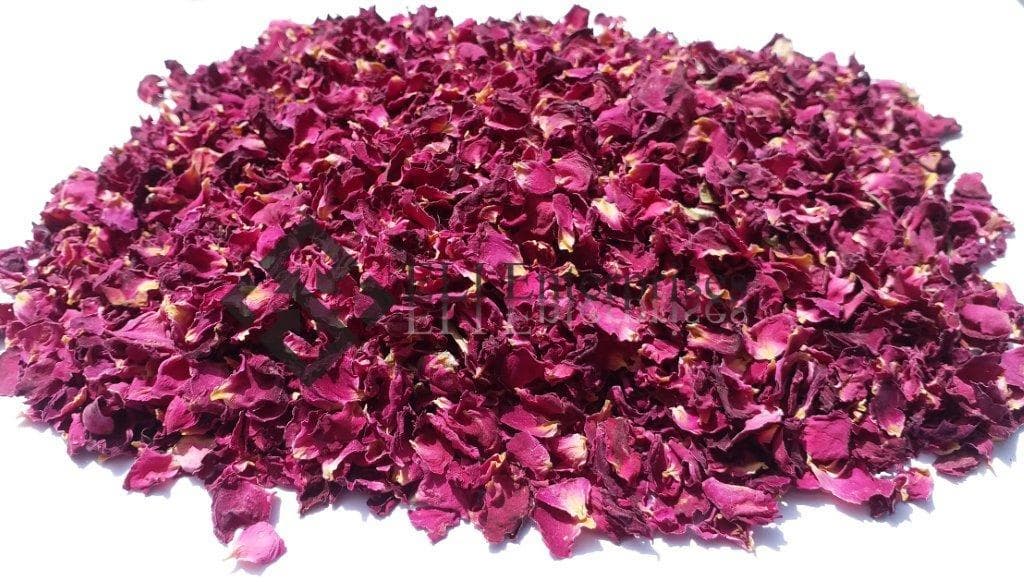
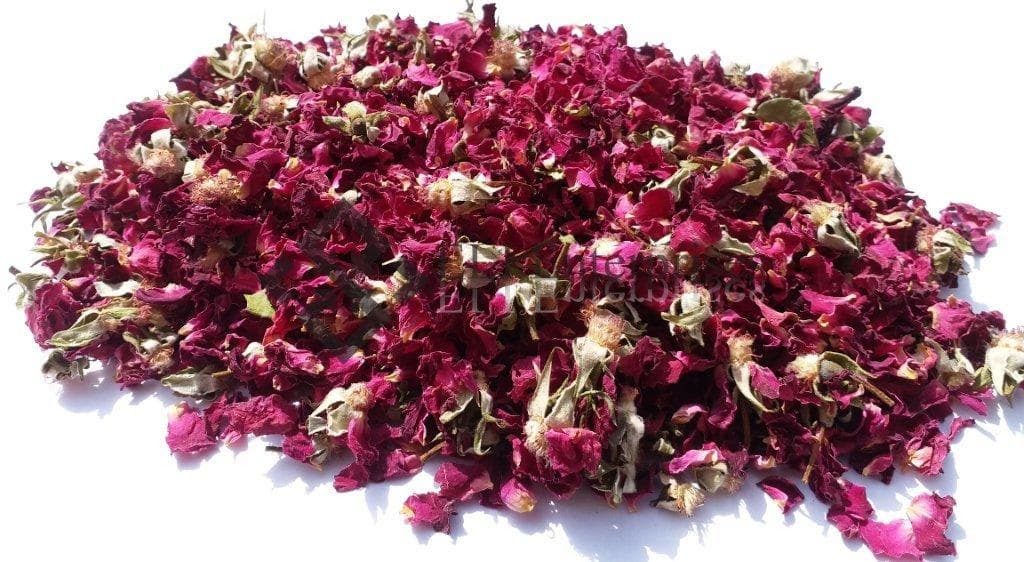
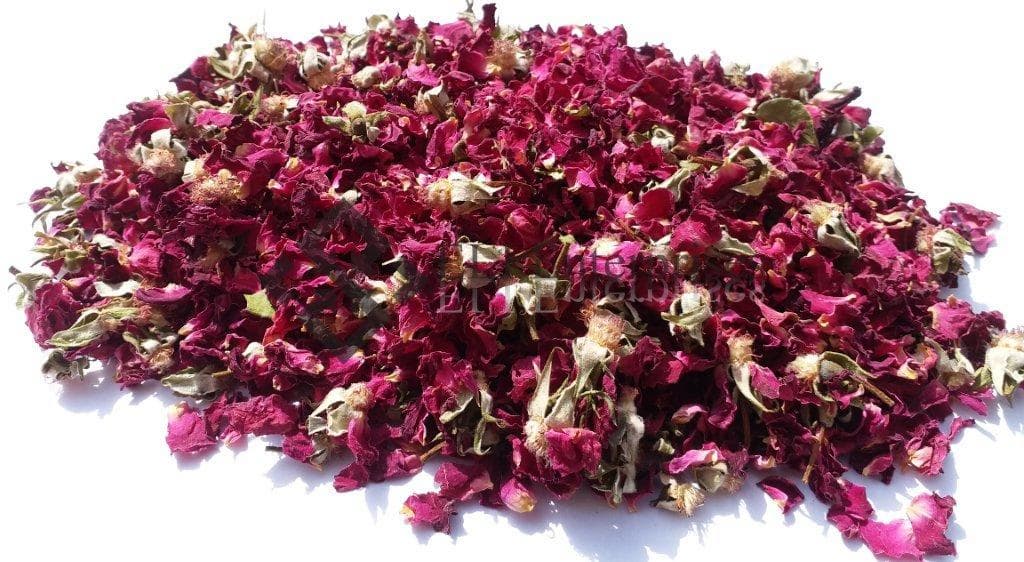
 Pakistan
Pakistan


_2.jpg)
